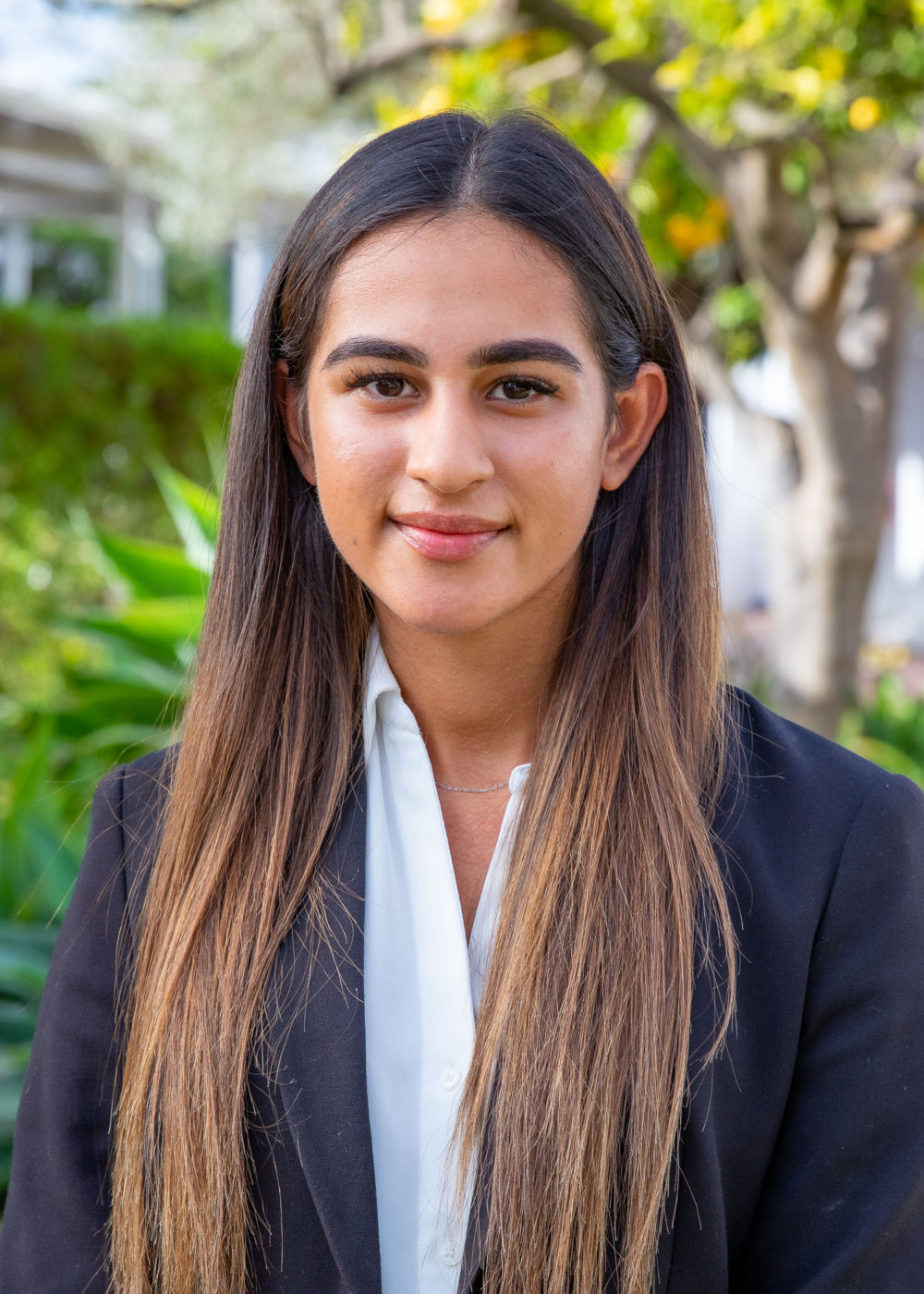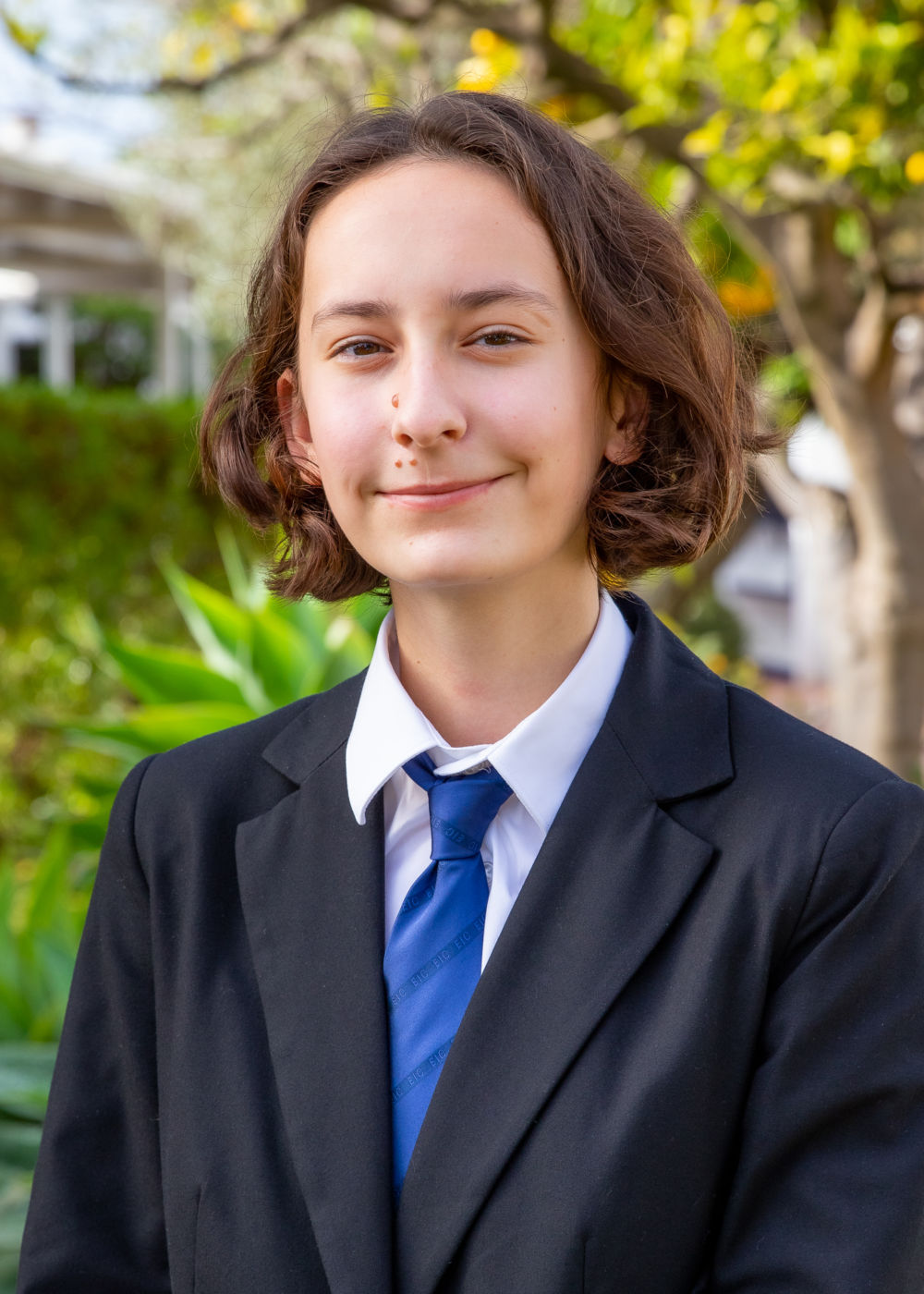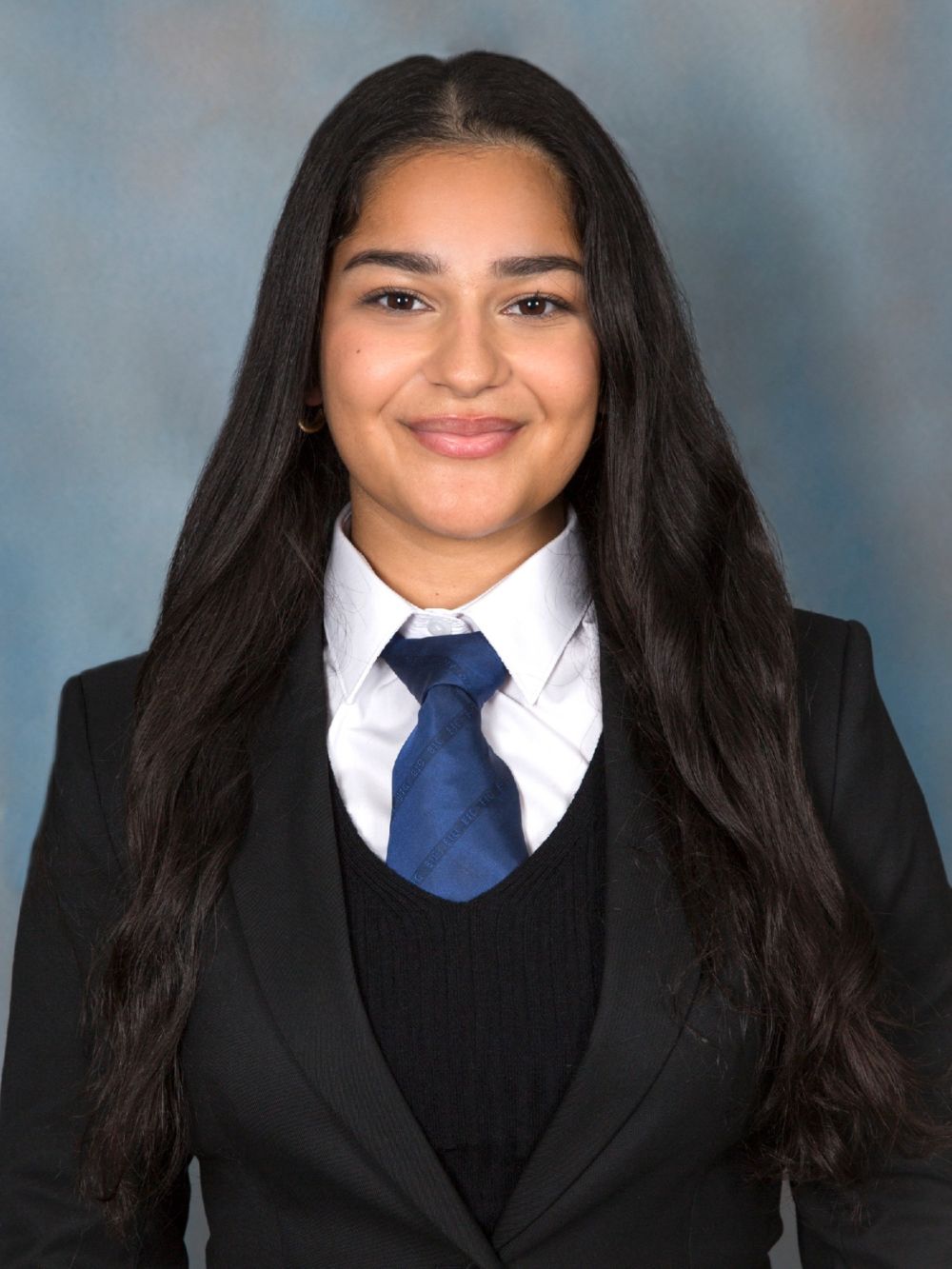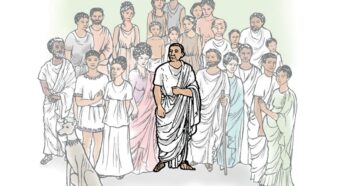Last year, five Year 12 students at The English International College, Marbella, Spain became the first students at their school to complete the Cambridge International Project Qualification (IPQ) – all five achieved an A* grade.
The standalone qualification provides an opportunity for students to carry out in-depth research on a topic of their choice. Students record their progress in a research log and then submit a 5000-word report for assessment.
Nuclear weapons, serial killers and the impact of social media on teenagers were some of the subjects the students chose. Here they tell us about their experience of studying for the Cambridge IPQ.

Amiya Rana: learning how to study independently
My project was titled: Was the bombing of Hiroshima and Nagasaki in the Second World War justified? I chose it because I’m interested in history and it’s one of the most famous debates of the 20th century.
The first few months were mainly research. It took a lot of time, but it didn’t feel tedious because I was naturally interested in the subject.
Most of the work was an independent study which was slightly difficult to get used to, but it was a really good challenge.
I felt overwhelmed at times because there was so much research, so I had to learn to be more specific about the research I selected. Our head of Cambridge IPQ was there to guide and support, but without spoon-feeding us. I met her once a week to tell her what I’d found out and she gave me verbal feedback.
I had planned to do a general business degree at university but because of my Cambridge IPQ, I decided I wanted to study history & politics. I talked about my project in my personal statement and at my university interview. Some of the skills I learnt, such as analysis and research, also helped me answer other interview questions.
I’m working with the head of Cambridge IPQ to share my experience with current IPQ students. My biggest piece of advice is to make a plan and try your hardest to stick to it. It’s the first time we’ve worked on our own like this – you need to keep to a structure.

Mia Mayne: improving time management
The topic I chose was: Are murderers born or created? I’ve always had a fascination with how murderers work and what makes them want to kill. It was something that really intrigued me, so I really enjoyed researching it.
At first, it was just research, so I didn’t find it difficult to manage. However, as we progressed, I needed to put more time and effort into starting to write my essay and making sure all the research made sense and everything fitted together. I really liked the whole process of using my sources in a proper essay.
It helped me a lot with time management skills because I was working independently rather than a teacher feeding me information. I realised I needed to allocate specific time to spend on my Cambridge IPQ – at least a couple of days a week to make sure I was up to date.
My plan was to study psychology at university but taking the Cambridge IPQ made me realise that I wanted to specialise in forensic psychology.
I would really recommend the qualification.

Elena Ingram Medina: having freedom to explore
I’m taking Cambridge International A Level English Literature and English Language so initially I was leaning towards choosing a topic that was book or media-related. However, I then realised that learning about something different would feel fresh and exciting.
I’d just finished reading Turtles All the Way Down by John Green and in that book, the protagonist struggles with her mental health. One of her mantras has roots in the idea that she is more than her thoughts. I found that such an interesting idea and it led me to my chosen topic: What makes us human?
The Cambridge IPQ is a brilliant opportunity – there was so much freedom to explore and so much to learn. In my sessions with our head of Cambridge IPQ, I would tell her what I’d researched and she would encourage me to continue down a certain avenue. Those benchmarks helped me to remain focused.
Towards the end, it was really helpful to see what stage everyone else was at to make sure you were keeping up. Peer review is encouraged so we exchanged our reports with each other – I want to work in publishing so I loved having a chance to edit!
We all worked really hard, so to have our efforts rewarded with an A* was a really nice feeling.
I am applying to study English literature at university and I included the Cambridge IPQ in my personal statement – it was such an important part of the year.
It will definitely help me at university because it was based around independent study and motivating yourself to work. The skill I think it helped with most was the ability to analyse sources – questioning whether a source is credible.
My main piece of advice is to make sure that the topic you choose is definitely a topic you’re interested in. You’ll be researching it for months and months, so you need to stay motivated and be constantly engaged with the subject.

Chelsea Rea: conducting advanced research
Mia and I chose similar topics – my title was: Are serial killers born or made? I’ve always been interested in true crime and documentaries about serial killers such as Ted Bundy and Jeffrey Dahmer. I’m doing Cambridge International A Level Sociology and I am planning to study law at university.
Initially, my hypothesis was that serial killers are made, but through research I realised there are both sides to it.
One skill the Cambridge IPQ helped me develop was how to conduct more advanced research. The initial jump was from doing basic research on Google – using Wikipedia and watching documentaries and TED talks – to getting more detailed research and information from advanced literature sources using Google Scholar.
Time management was another skill – setting aside time to do the Cambridge IPQ outside school and in school when I had free periods.
We put lots of effort into it and came in over the holidays to work so it was a great feeling to receive an A*.
I found the Cambridge IPQ really interesting and I would recommend it to everyone. My one piece of advice is to keep up to date with your research log – it catches up with you!

Darya Soltani: developing essay-writing skills
When we started to think about doing the Cambridge IPQ, we were still in the first Covid-19 lockdown in 2020 and communicating using social media. After a few months, I realised social media was taking a negative toll on me and I really wanted to learn more about why. The question I chose was: Does social media negatively impact the wellbeing of teenagers? My research showed it is undeniable that social media has negative impacts on people – not just teenagers.
The Cambridge IPQ really developed my essay-writing skills, which was something I’d never been too brilliant at – it was great for me to work on, especially as I’m doing Cambridge International A Level Sociology, which is an essay-based subject.
I would 100 per cent recommend the Cambridge IPQ. There’s something about learning specific content for an exam that makes you forget it a week later. However, it’s almost a year since my Cambridge IPQ and I still remember the majority of the content I learnt. You really do become an expert on your chosen topic. None of us got bored. I think it teaches so many more skills than in any other subject.
I was planning to study law at university, but my Cambridge IPQ was very sociology-based and I’ve realised that’s what I’m more interested in – so now I’m planning to study a combined honours in social sciences. Maybe one day I’ll work in academia and teach the Cambridge IPQ!





